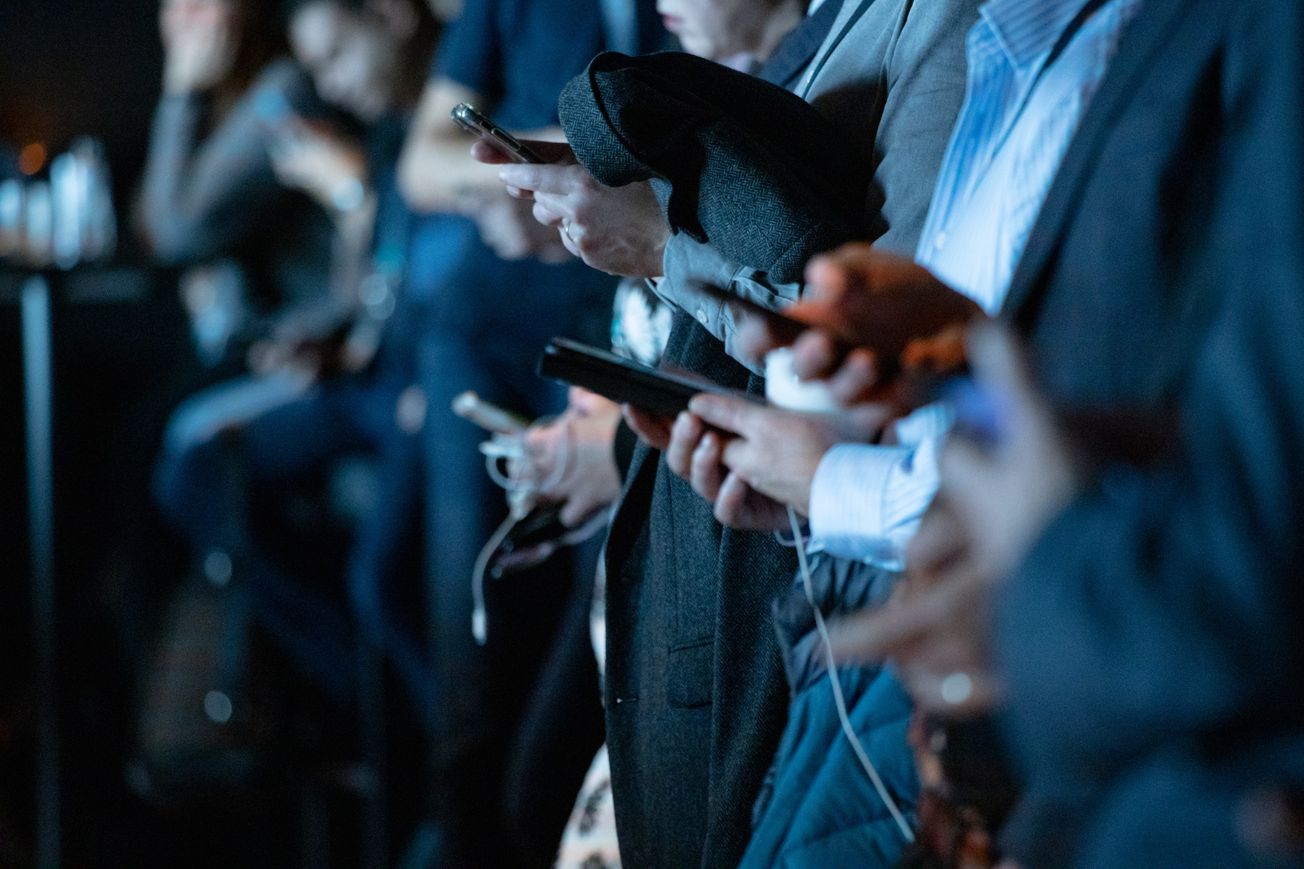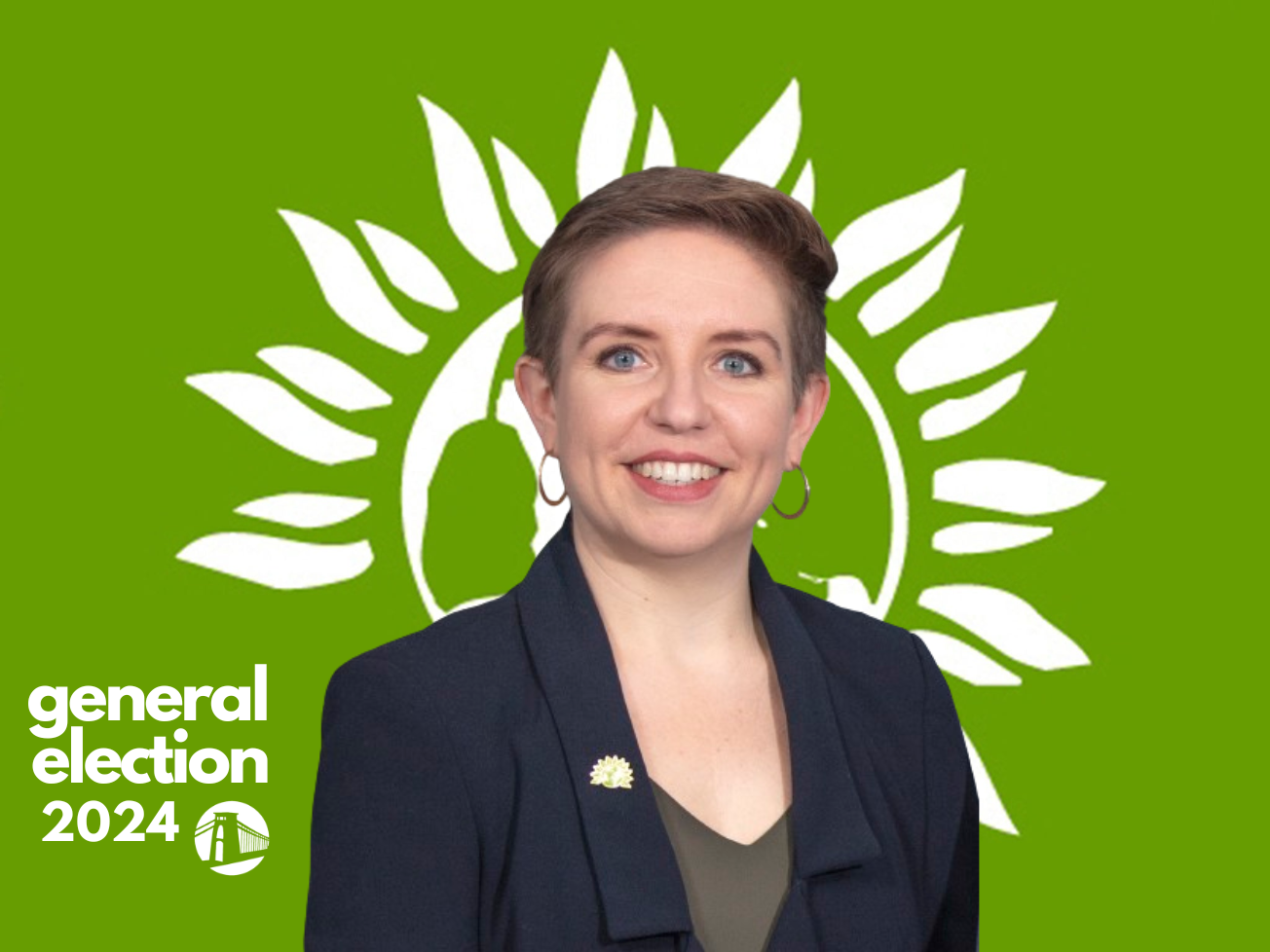By Lizzie Laughton, Third Year English
Mental health practitioners (MHPs) often face challenges in discussing the impact of online usage and social media on young people. 2019 was the first time that the Royal College of Psychiatrists — the professional medical body responsible for raising psychiatric standards in the UK — called for their practitioners to ‘Consider the impact of social media on all children they assess for mental health problems.’
Despite growing calls for MHPs to have these conversations, recent research has revealed that MHPs have discussions about the effect of online usage infrequently. The discussions which do occur are also often experienced as unhelpful.
A new research project, created at the University of Bristol, seeks to combat this disconnect between mental health practitioners and young people. Led by Dr Lucy Biddle, the Digital Dialogues project is an information sharing initiative which seeks to bridge these gaps in knowledge; helping MHP’s better understand the relationship between online usage, social media and mental health.
Many respondents spoke about how the use of social media increases the likeness of comparing yourself to others.
To achieve this, the Digital Dialogues Young Person's Group (DDYPG) will be created. This group will comprise 8-10 young people, aged from 14-24, who have positive and negative experiences of online usage in relation to their mental health. Online meetings of the DDYPG will guide the research, helping the project to produce resources — which will be disseminated to MHPs — that transform the ways MHPs support young people in navigating the digital age.
Speaking to Epigram, Dr Zoe Haime — a senior research associate working on the project — outlines how ‘There are concerns that mental health practitioners do not currently have the guidance or resources to approach the subject with adequate confidence.’
The initiative of the digital dialogues project points to a necessary and urgent conversation about the true impact of social media on mental health, a debate particularly pertinent for students. In polling students at the university, Epigram found that 90 per cent of respondents reported that social media had detrimentally impacted their mental health.
A primary source of today’s much discussed mental health “crisis” among young people, is immediate access to mobile devices and the toxic social media apps that typically accompany them.
— Ian Rowe (@IanVRowe) September 30, 2023
That’s why each morning at arrival at Vertex Partnership Academies, our virtues-based,…
Many respondents spoke about how the use of social media increases the likeness of comparing yourself to others. This is a sentiment substantiated by statistics from the therapy centre Emotion Matters, whose studies show that 88% of women and 65% of men compare themselves to images of others on social media, with over half of women and nearly 40% of men reporting they find these comparisons unfavorable to their own appearance.
Speaking to Epigram, Annie — a second year student— said that she sometimes ‘struggles with comparing [herself] to others, especially when it comes to [her] appearance.’
She went on to say that ‘Mental health is obviously a highly complex issue and I do think if it wasn’t social media it would be something else that was detrimental to my mental health. So I wouldn’t say it’s like the sole cause, but it definitely exacerbates the pre-existing problems.’
Very excited to share our latest work on social media usage among LGBTQ youth and its effect on mental health and well-being @srachelskinner @MelodyTaba @megscl @DrJenMarinoAus. Check out this fascinating article by @jmirpub! https://t.co/Gb8IL5d8UB
— Matthew Berger (@Berger0413) September 21, 2022
One student, who wished to remain anonymous, said: ‘Instagram turns all of us into micro celebrities with amazing lives and it makes it a lot easier for us to find points we fail on.’
Another student said: ‘I deleted social media for a few months during lockdown and honestly it did wonders for my mental health, as it gave me time to properly focus on myself. The only downside was that I didn’t feel as in touch with my friends.’
Along with promoting unrealistic body standards, the use of social media can affect mental health in other equally damaging ways. The users of apps like Instagram, TikTok and BeReal (which saw its number of daily active users increase from 2.93m in April 2022 to 20m in August 2023) may experience a fear of missing out. In a recent American survey, it was found that 68% of participants said they’ve experienced FOMO using BeReal, with 35 % saying they find it more intense in comparison to using other apps.
Psychologists believe that the release of excessive amounts of dopamine stunts the brain's ability to refresh its dopamine receptors, thereby increasing the chances of experiencing depression, low moods and anxiety.
The fear of missing is also likely to become more prevalent and pronounced in a university setting. Touching on the deceiving nature of social media, the same respondent said they experienced FOMO at university as ‘Social media shows a lot of the parties and clubbing and not so much of the hours in the library and emotional struggles.’
Yet, there seems to be an irony where social media usage drives FOMO, yet FOMO also drives social media usage. A 2018 report by The Global Web Index states that a third of all 16-24 year olds use social media due to their fear of missing out.
The frequent experience of FOMO can also be linked to activities such as doom-scrolling, defined by the Cambridge Dictionary by ‘[Spending] a lot of time looking at your phone or computer and reading bad or negative news stories.’ According to Psychology Today, people doom-scroll as screen activity targets our reward system: ‘When our curiosity is piqued, the sense of discovery releases hits of dopamine in the brain, triggering the reward system, which in turn encourages us to explore a topic, knowledge, or question even further.’
Yet psychologists believe that the release of excessive amounts of dopamine stunts the brain's ability to refresh its dopamine receptors, thereby increasing the chances of experiencing depression, low moods and anxiety.
How to navigate long - distance relationships at university
Freshers week: Learning to manage your expectations
It is the complexity of the relationship between social media and mental health that makes the Digital Dialogues project so important. You have the opportunity to take part in the Digital Dialogues initiative by contacting Dr Zoe Haime (zoe.haime@bristol.ac.uk) or by filling out the expression of interest form here: https://meded.onlinesurveys.ac.uk/digital-dialogues-expression-of-interest.
Featured image: Unsplash / Camilo Jimenez
How does social media affect you?








